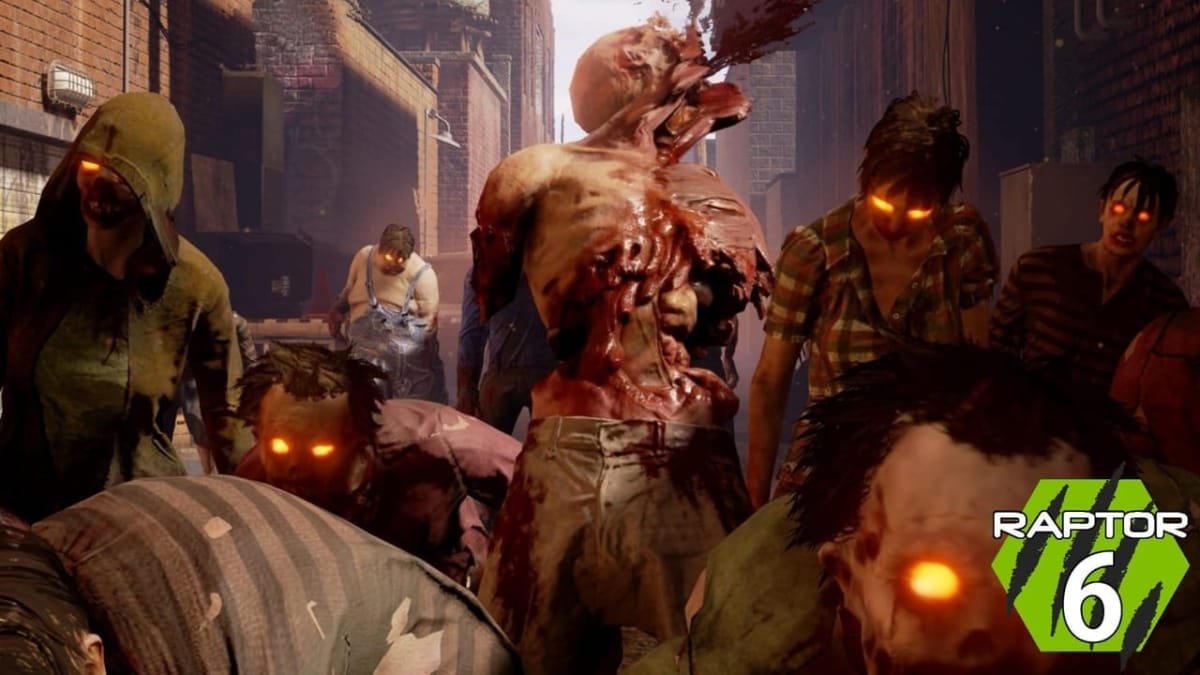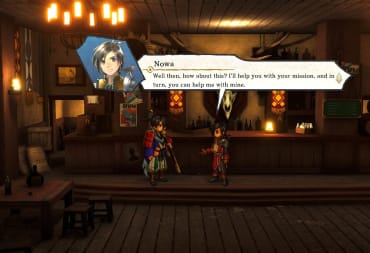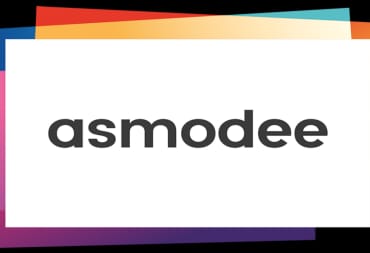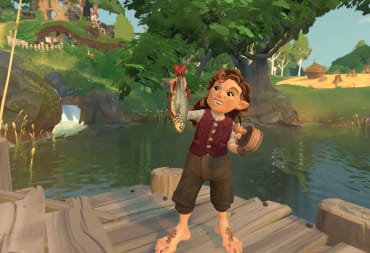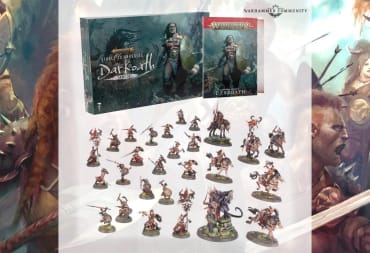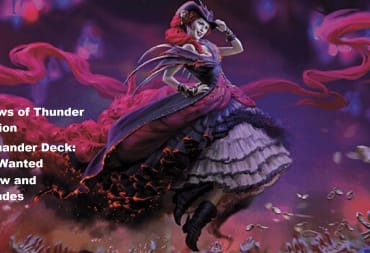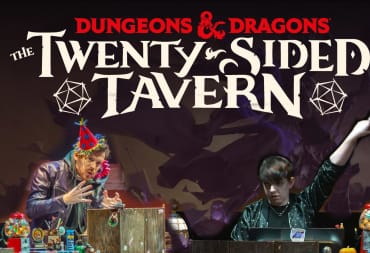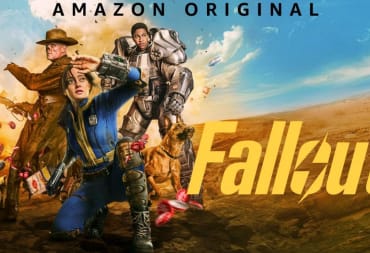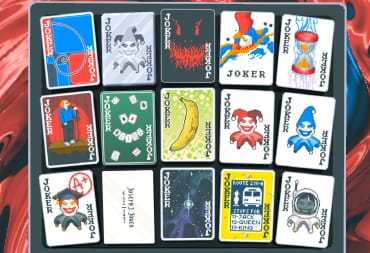There are few horror monsters that have burst onto the scene like the Zombie, who has become a mainstay of pop culture, and it seems nothing can stop its rise in popularity. In different times and different eras the humble Zombie has been presented in different ways (it has ties back to Haitian folklore and voodoo), but in the end, it has been an effective foil for adversaries of all sorts. Video games were quick to adopt the zombie, with 80s games like Castlevania, Ghosts N Goblins, and many others using them. This has continued and seen even more use in recent years, begging the question what is it about the Zombie that makes game creators turn to it.
After looking into games, talking with some developers, I've come up with this list of 6 reasons why Zombies make effective enemies in Video Games:
Zombies Operate on a Variety of Rules
There are a lot of different types of Zombies, and because everyone accepts that Zombies can operate with many different rules, as long as you meet the basic core expectations (like being brainless), players are willing to listen to and roll with whatever. Zombie media has a rich canvas of various ideas to draw upon and while there's a definite cultural resonance with them, they aren't nearly as defined as some monsters can be. Jespi Barisic, the community manager at Gamepires, who are the creators on SCUM along with Croteam, shared this thought on it:Regarding game design, there are so many options you can do with them. So many different variations of zombies that change the gameplay style.For example, in Techland's Dying Light I'm still afraid to go outside by night because of how powerful the zombies get. Or you can make masses of them chase after you like a sea wave; there are almost limitless possibilities to what you can do with them. Also, people will always want some information and lore on the hows and whys, and with zombies, you can also do almost anything. You can tie them to voodoo magic (Fun fact, that's how zombies started in Haitian folklore, a zombie (Haitian French: zombi, Haitian Creole: zonbi) is an animated corpse raised by magical means, such as witchcraft.) to failed experiments, to random viruses that came out of space, or in the case of SCUM, engineered chips which take control of your nervous system once you die.
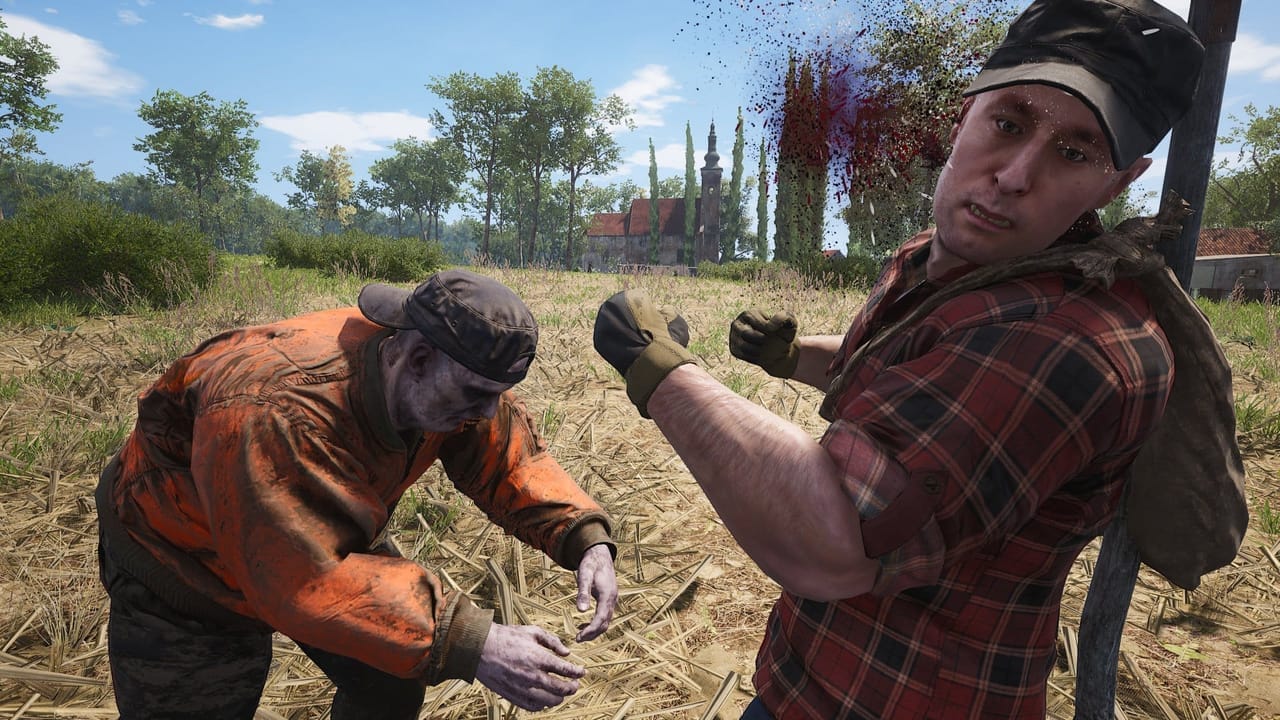
Zombies Have Powerful Thematic Elements
Enemies in games generally have to carry more of a burden than just being a challenge. They have to tell part of the story by being there; for example, an area having guards tells you something is important and has to be protected. Another example is theme, and zombies are rich with thematic tones because of the various ways they've been used in cultural works over the years. We've seen zombies be used thematically to discuss consumerism and to evoke the feeling of malaise around society in many works, but their most powerful thematic element is tied to death and our mortality.Zombies can bring us face to face with death in a way that little else can. Steve Bristow, the lead designer on Strange Brigade from Rebellion—who also made the Zombie Army Trilogy—shared this thought with me on Zombies:
Zombies are a physical and literal manifestation of our anxieties around our own mortality. They threaten us with injury, pain, disease and death, while they themselves pervert death by being “undead”. Perhaps most compellingly, they allow us to play out the fantasy of defeating death – preferably with a well-aimed shotgun!
It’s hard to resist the emotions they provoke in us as well. Something we used in ZAT is the way each Zombie carries its own story (at least the story of their last moments alive) which, obviously, we lifted from Romero; the majorette with an arm missing, the lumberjack with an axe in his back, that kind of thing. That links us to their humanity and leads you down this horrific path towards imagining someone you love trying to eat your brain.
The Apocalypse is a great game setting... and the Zombie Apocalypse is one that many enjoy
Video games have made use of apocalyptic settings many times, and the Zombie Apocalypse is one of the most common implementations of it. Either on a small scale or a large scale, the Zombie Apocalypse breaks down life around you and creates a situation that can put anyone into action.Steve Bristow discussed the zombie apocalypse some in our talk:
The Apocalyptic survival fantasy is a powerful backdrop for a game; you throw the player to the bottom of Maslow’s hierarchy of needs, you scatter the resources they need and you make them take risks to claw their way back up it. Zombies work brilliantly as the pressure on those decisions because they offer the designer a range of threats to challenge the player with; creeping around a dark warehouse with a handful of them or in a machinegun nest surrounded by a sea of them, and we generally get to overcome those threats in satisfying, visceral ways.
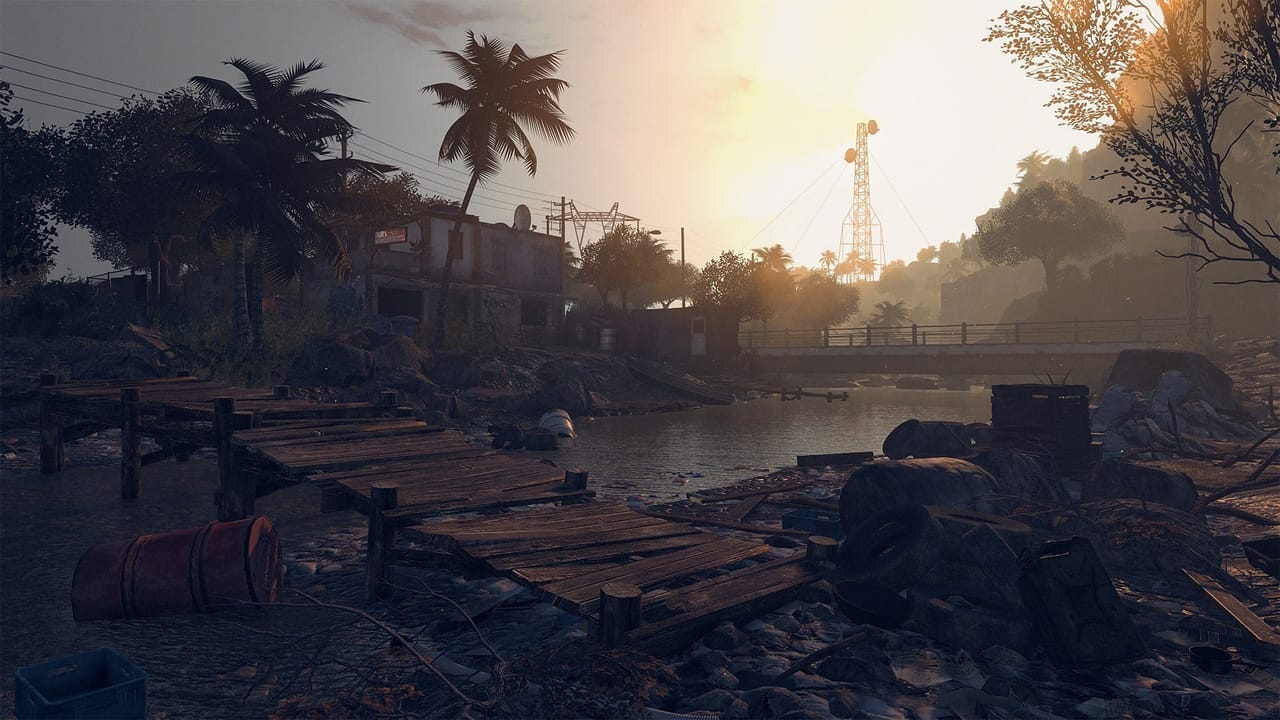
It's perhaps telling how tied to the idea of apocalypse zombies are that, without prompting, the idea came up from multiple people as a major point when discussing it. In fact, Josip Barisic discussed the apocalypse a lot (and I swear I didn't ask about the Zombie Apocalypse!):
Well, I think there are more factors which make zombies adrenaline and fear-fueling beings these days, the first being the apocalypse factor. When you mention the word apocalypse or think about the end of the world, mostly two scenarios pop into someone's mind.First is a natural disaster which eradicated all life, and the second is a zombie outbreak. The difference is that in the disaster scenario you get to wait for the 10,000-foot wave to give you a bath or the Statue of Liberty giving you a light kiss while dropping on you, and that's hopelessness in its pure form.On the other hand when people think of a zombie apocalypse, they grab a bat, hammer nails through it, and are ready to smash some heads in to survive in a world without rules, values and responsibilities. So you kind of get the chance to build up your world with your rules and values, and I can see why people would find that exhilarating, and all of that thanks to a mindless corpse which walks around without any incentive.Of course, that does not mean most of humanity will start to work on some virus or voodoo spell to start a zombie apocalypse.
Zombies Have Simple AI
One of the hardest parts for many games is getting the opposition to seem like it is acting intelligently. The illusion of intelligence is difficult to create as the enemy must not just have a perfect unerring accuracy and dogged determination, as that would not be fun, but must also do pathfinding and other tasks. Zombies, known for being braindead, can operate on a simpler AI that has far less to it. If a Zombie acts stupid, no one is really surprised—it's just a zombie after all. Steve spoke to that exact point saying, "It’s relatively simple to get an AI to behave convincingly like a Zombie. That might sound a bit negative but you want to lull the player into the illusion of your game and nothing breaks it like, say, a ninja walking into a wall. It’s easier to swallow stuff like that when your antagonist is shambling around with half his head missing."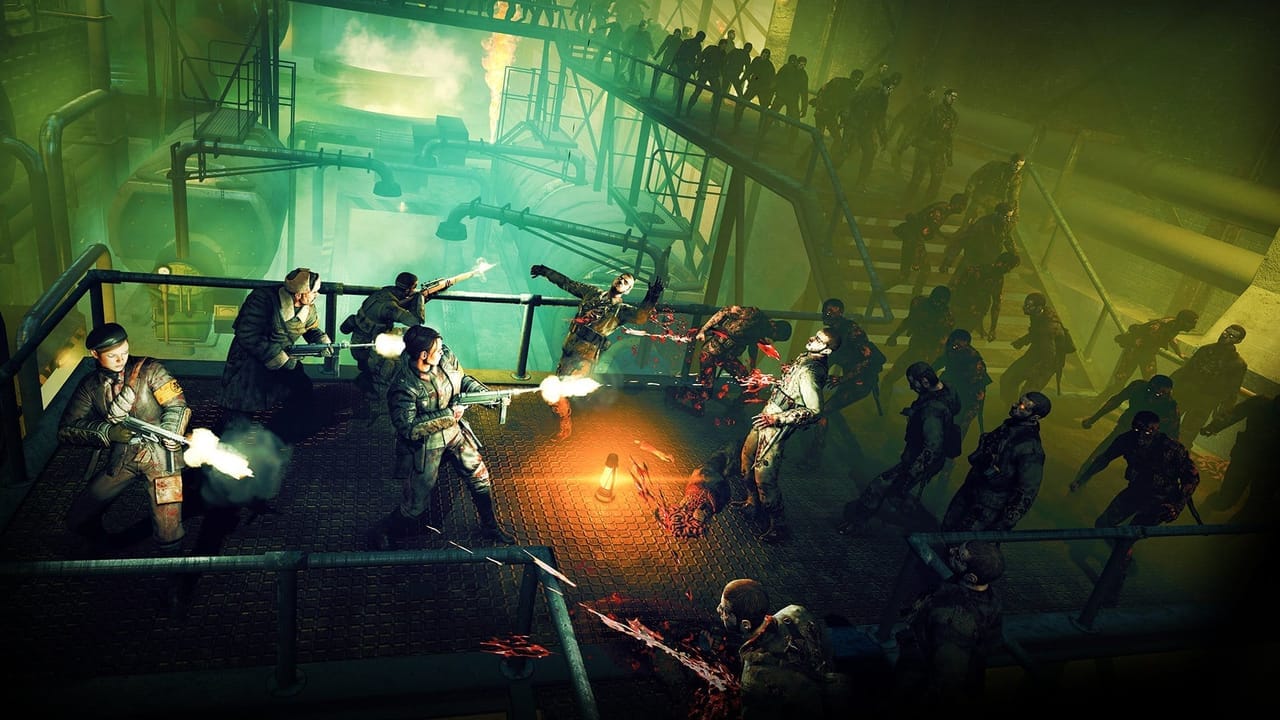
Zombies Carry No Moral Baggage
While we've been discussing thematic reasons zombies make great enemies, or programming reasons, one thing that needs to be brought up is just how much people enjoy killing zombies. Some enemies can bring up moral uncertainty and that can be a great thing in games, but in titles where you just want someone to go loose killing the enemy, having that question of morality can create a dissonance for the player. Zombies, on the other hand, are clearly known to be things that need to be killed with no need to ask why.Zombies Can Be Humorous or Tragic
Many horror monsters tend to fall into one note unless given a reinvention by the author. Zombies, with their variety, carry a lot of different tonal elements beyond horror. Most notably for Zombies, though, are the areas of humor and tragedy.As for humor, there's been a variety of games that take advantage of this because the Zombie as it moves just looks weird. Zombies don't move like people should and are especially exaggerated for an effect that can be quite funny or their mindlessness can lead them to repeatedly doing the same stupid thing over and over again.
Tragedy is on the far other end of the scale, but many zombie stories invoke it. In particular, the idea of someone being turned into a zombie invokes those thematic elements of mortality we mentioned and helps tell a tragic tale... and we see on them, as a Zombie, the story of their last moments. Watching our friends be turned and faced with the need to kill them to stop the Zombies from spreading further compounds it, and when done properly can create an incredible emotionally gripping aspect of a work like with The Walking Dead Season 1's finale.
Have a tip, or want to point out something we missed? Leave a Comment or e-mail us at tips@techraptor.net
